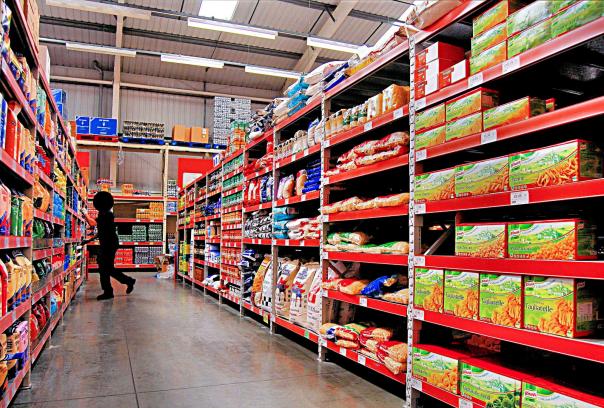
The CMA found that Tesco as a retailer and Booker as a wholesaler- supplying to caterers, independent and symbol group retailers- do not compete head-to-head in most of their activities.
A key point put forward by the competitions watchdog was that Tesco does not supply the catering sector to which Booker makes over 30% of its sales.
A number of competing wholesalers asked expressed concern that Booker would benefit from improved suppliers’ terms after the merger, making it difficult for them to continue to compete. They argued that as a result, in the longer term, Booker might be able to raise prices to the shops that it supplies.
The CMA found that it was likely Booker would be able to negotiate better terms from a number of its suppliers for some of its groceries, and that it was likely to pass on some of the benefits of these savings to the shops that it supplies.
This, it felt, might increase competition in the wholesale market, as well as reducing prices for shoppers.
The CMA concluded that the wholesale market would remain competitive in the longer term, noting that Booker’s share of the UK grocery wholesaling market – at less than 20% – was not sufficient to justify the longer-term concerns.
Simon Polito, chair of the inquiry group, said: ”Millions of people use their local supermarket or convenience store to buy their groceries or essentials. Strong competition in the market ensures that shoppers can choose the best deal for them.
“Our investigation has found that existing competition is sufficiently strong in both the wholesale and retail grocery sectors to ensure that the merger between Tesco and Booker will not lead to higher prices or a reduced service for supermarket and convenience shoppers.
Both Tesco and Booker expect the merger to be completed in early 2018.